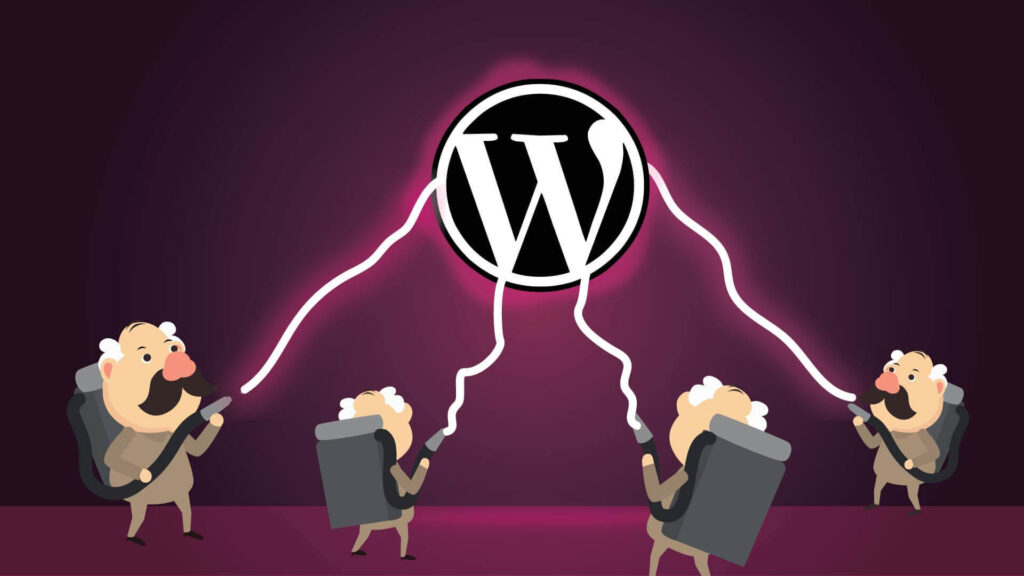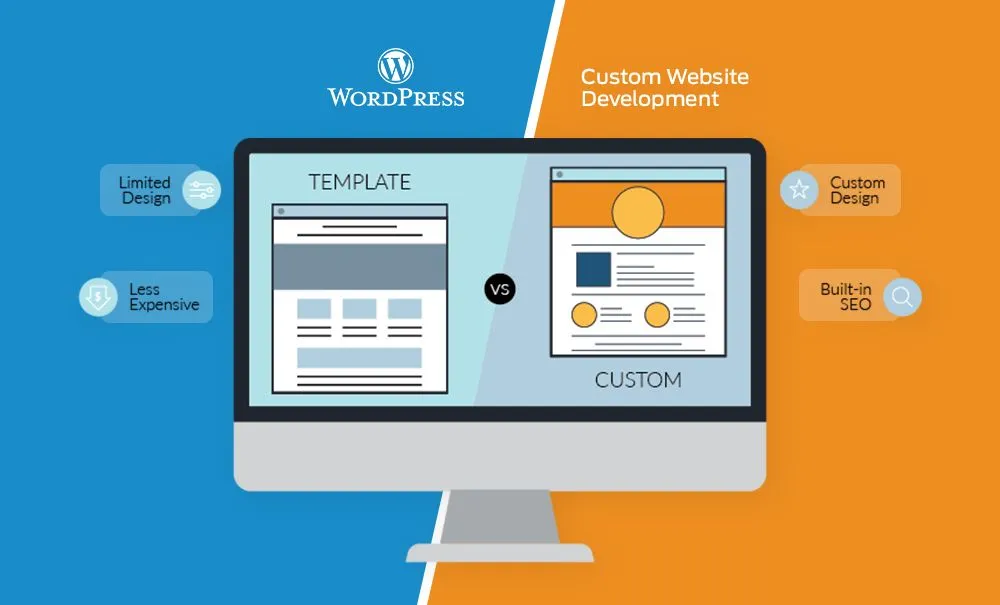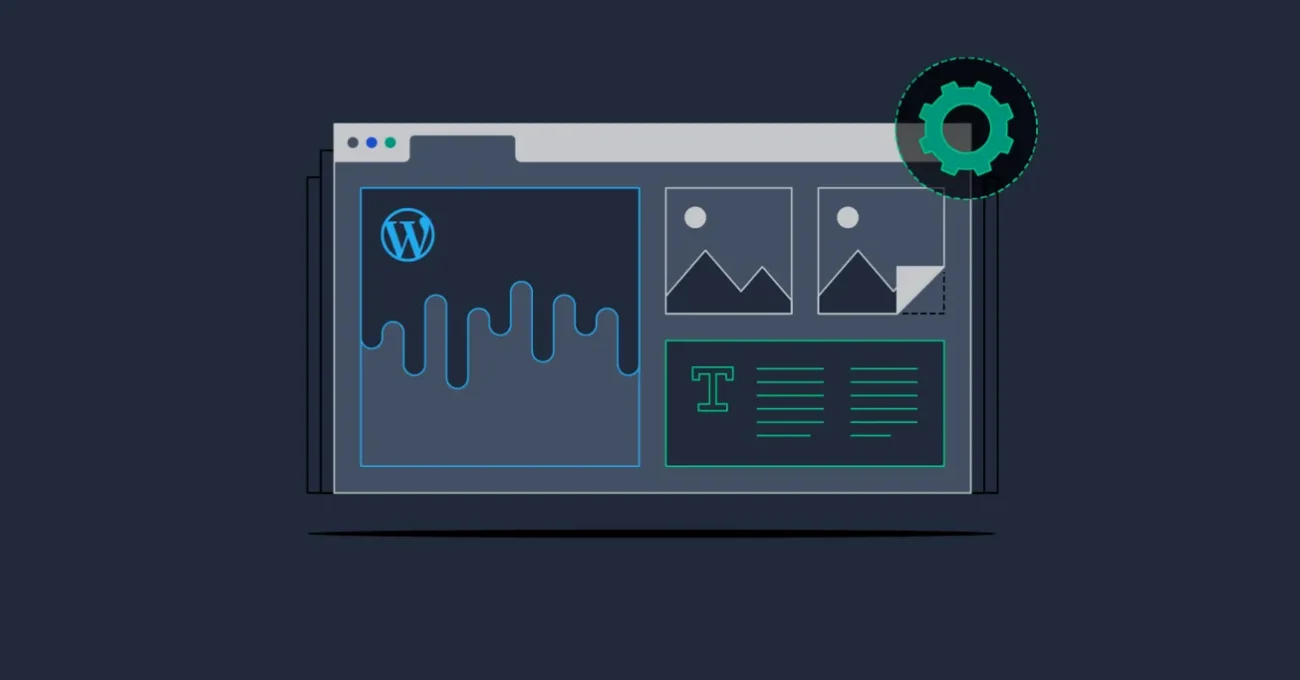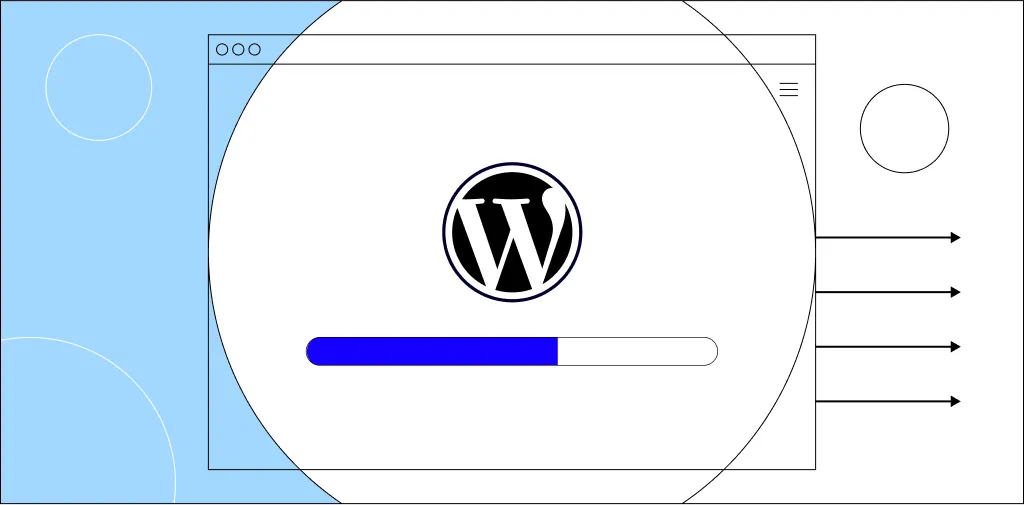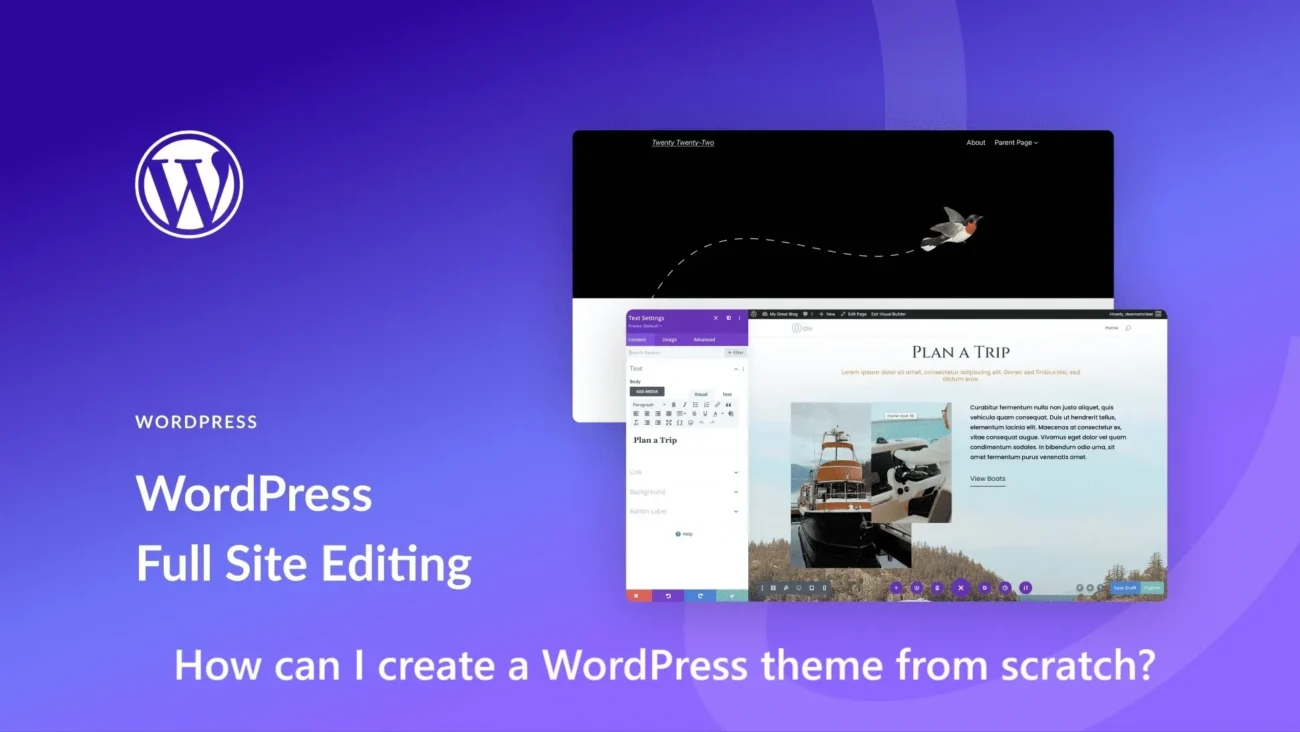Can WordPress Run Without MySQL or PHP?
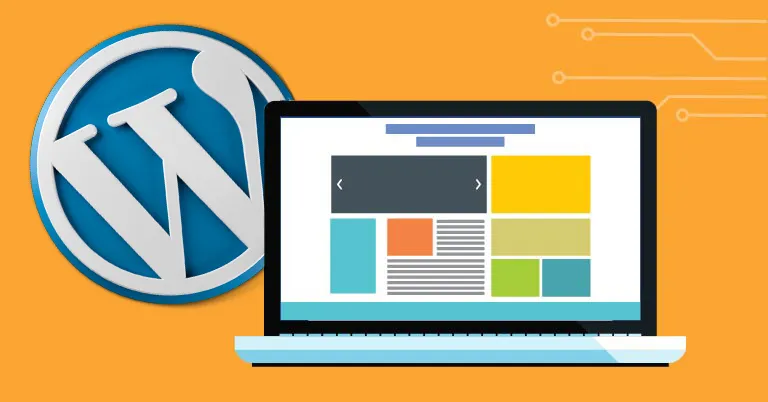
WordPress is a widely popular and powerful content management system (CMS) that powers millions of websites around the world. It is known for its flexibility, ease of use, and extensive plugin and theme ecosystem. However, one common question that arises is whether WordPress can run without MySQL or PHP.
MySQL and PHP are essential components of WordPress. MySQL is the database management system that stores all the website’s data, while PHP is the programming language that powers the dynamic functionality of WordPress. Without these two components, WordPress would not be able to function as intended.
WordPress relies heavily on MySQL for storing and retrieving data. It uses MySQL to store user information, posts, pages, comments, and other essential data. Without MySQL, WordPress would not be able to store or retrieve any data, rendering the website useless.
Similarly, PHP is the backbone of WordPress. It is responsible for processing the server-side code and generating the dynamic content that users see on the website. PHP enables WordPress to handle user requests, interact with the database, and display the appropriate content based on the user’s actions. Without PHP, WordPress would not be able to function properly.
Given the integral role that MySQL and PHP play in WordPress, it is not possible to run WordPress without them. Attempting to remove or bypass these components would result in a broken website with limited or no functionality.
That said, there are alternative solutions available for those who want to build a website without relying on MySQL or PHP. These solutions are not WordPress-specific but can provide similar functionality and ease of use.
One such alternative is a static site generator. Static site generators, such as Jekyll or Hugo, generate static HTML files that can be hosted on any server without the need for a database or server-side scripting language. These generators allow you to create and manage content offline, and then generate the HTML files that make up your website. While they lack the dynamic functionality of WordPress, they can be a viable option for certain types of websites.
Another option is to use a CMS that does not require MySQL or PHP. There are CMS platforms available, such as Grav or Cockpit, that use alternative databases like SQLite or file-based storage systems. These CMS platforms offer similar features to WordPress but are designed to work without relying on MySQL or PHP.
However, it is important to note that these alternative solutions may not provide the same level of flexibility, extensibility, and plugin/theme ecosystem as WordPress. WordPress has a vast community and a wide range of plugins and themes that can enhance the functionality and design of your website.
In conclusion, while it is not possible to run WordPress without MySQL or PHP, there are alternative solutions available for those who prefer not to use these components. These alternative solutions may not offer the same level of functionality and ecosystem as WordPress, but they can still be viable options depending on the specific requirements of your website.

